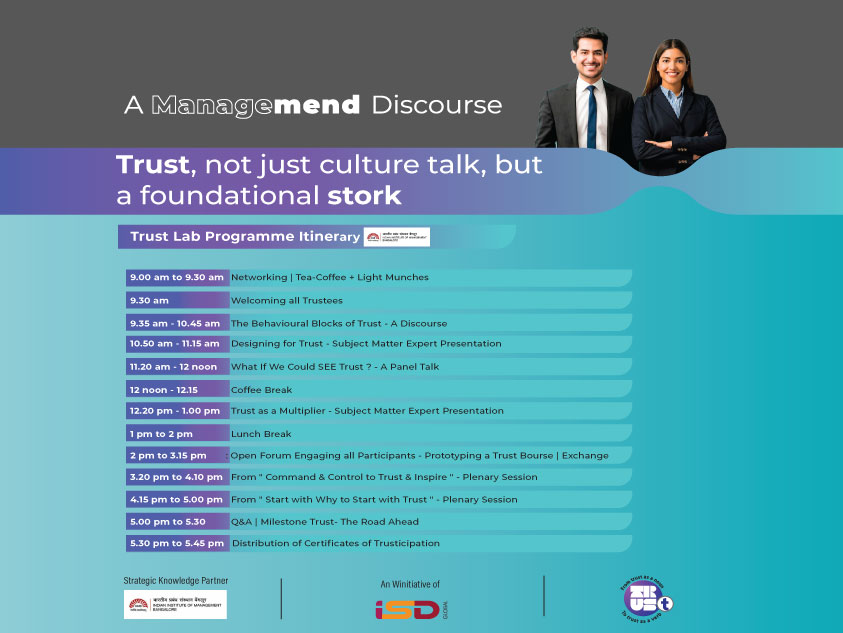Don’t fall in love, it’s bad for business
I could feel it; my hands were sweaty, my heart rate elevated. I was nervous and excited in the same breath. This could be the one, something very special, even life-changing. I had fallen deeply, madly and truly in love.
I could hardly contain myself, I just had to share the news. I assembled everyone that mattered around the table. “Gang,” I said. “I figured it out, I know what we need to do,” and then I shared my great idea. I sat back, prepared to receive the praise and adulation. I even anticipated some mild euphoria when the full potential was recognized. But, the response was much different. What I heard was “That won’t work,” and “We can’t do that!” I was devastated, demoralized and frankly, pissed.
We have a tendency to fall in love with our own ideas. We give birth to them, nurture them, and then set them upon a pedestal. They become sacred and certainly above reproach. We attach our identity to them, and any criticism becomes a direct attack on us, and that is bad for business. We should not treat ideas as if they are our kids and try to pave the path for them to enter the world unscathed. Rather, we should view ourselves as scientists, maybe even mad scientists. We should develop our hypothesis and then place it under the glare of the microscope to be torn apart, criticized and potentially built upon.
 Our best ideas rarely come to us in completed form. They require cross-pollination. They need to be enriched by the collective intelligence of the group, held in the hands of the dreamer and scrutinized by the eyes of the contrarian. Ideation is an iterative process.
Our best ideas rarely come to us in completed form. They require cross-pollination. They need to be enriched by the collective intelligence of the group, held in the hands of the dreamer and scrutinized by the eyes of the contrarian. Ideation is an iterative process.
If, as a leader, we foster a culture that places the ownership of an idea in the hands of its creator, we have done a great injustice to our organization. Instead, we need to champion a culture in which an idea is its own independent entity that is to be cherished, cultivated and fertilized.
If an idea is tied to self, then one’s willingness to share is diminished out of fear of criticism. If an idea is separate from self, then there is little risk to bring it into the light. Therefore, an organization that celebrates not the quality of an idea but rather its conception or birth will find itself the recipient of more quality ideas than the company to which value is only attached to its originator.
This is a tough lesson. Most of us face an internal conflict. We are simultaneously prideful and insecure, competitive and vulnerable. The prideful and competitive side of us wants to be the one to come up with the next great idea. It feels good, makes us look smart and delivers value. The insecure and vulnerable side is reluctant to share. We are fearful of being wrong and are angered or hurt by criticism.
But this conflict evaporates when we disconnect ourselves from our ideas. Ideas aren’t us; they don’t contain any of our DNA. The are just concepts or constructs. They only become real when they are actualized and in most cases by then, their origin is long forgotten.
Don’t fall in love with your ideas, it is bad for business. Rather, find the joy in launching them into the hands of many to be milled and shaped into something that someday can make a meaningful contribution.



